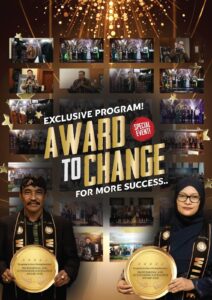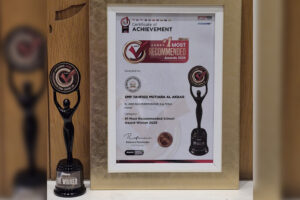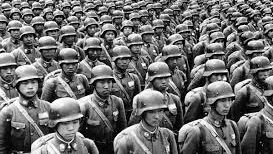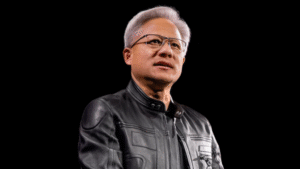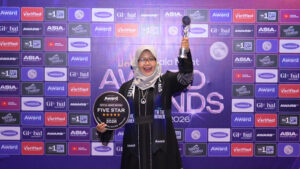Across centuries and continents, certain books have transcended their time to become cornerstones of human thought, creativity, and cultural identity. From the sweeping epics of world literature to transformative nonfiction, this curated list of 76 essential reads offers a panoramic view of the written word’s enduring power.
In the realm of fiction, works like Harper Lee’s To Kill a Mockingbird, Jane Austen’s Pride and Prejudice, and George Orwell’s 1984 remain deeply relevant, addressing justice, societal expectations, and the nature of power. Historical narratives such as Markus Zusak’s The Book Thief and Anthony Doerr’s All the Light We Cannot See bring humanity to the forefront amid wartime settings, while Aldous Huxley’s Brave New World and Margaret Atwood’s The Handmaid’s Tale offer sobering visions of dystopian futures.
The canon also includes masterworks of character and place: F. Scott Fitzgerald’s The Great Gatsby, Leo Tolstoy’s Anna Karenina, John Steinbeck’s East of Eden, and Gabriel García Márquez’s Love in the Time of Cholera. Contemporary voices like Khaled Hosseini (The Kite Runner), Hanya Yanagihara (A Little Life), and Elena Ferrante (My Brilliant Friend) explore love, loss, and the intricate bonds of friendship and identity in a globalised world.
Genre diversity is equally celebrated. Science fiction milestones like Ursula K. Le Guin’s The Left Hand of Darkness and Ray Bradbury’s Fahrenheit 451 question societal norms and human progress, while epics such as Ken Follett’s The Pillars of the Earth and Louisa May Alcott’s Little Women demonstrate the timeless pull of historical storytelling. From gothic romance (Wuthering Heights) to contemporary allegory (The Alchemist), the range is vast and inviting.
Nonfiction titles deliver equally profound insights. Memoirs such as Paul Kalanithi’s When Breath Becomes Air, Maya Angelou’s I Know Why the Caged Bird Sings, and Malala Yousafzai’s I Am Malala offer intimate portraits of courage and resilience. Analytical works like Yuval Noah Harari’s Sapiens, Stephen Hawking’s A Brief History of Time, and Malcolm Gladwell’s Outliers engage readers with fresh perspectives on history, science, and human achievement.
Self-mastery and leadership staples, including Stephen R. Covey’s The 7 Habits of Highly Effective People and Brené Brown’s Braving the Wilderness, remain influential tools for navigating personal and professional life. Investigative narratives like Rebecca Skloot’s The Immortal Life of Henrietta Lacks and Matthew Desmond’s Poverty, by America uncover systemic realities that continue to shape societies worldwide.
Together, these works form more than a reading list — they are a cross-section of humanity’s literary heritage and its ongoing dialogue with itself. Whether through the lens of history, the sweep of fiction, or the precision of nonfiction, each book offers an invitation: to think deeply, feel fully, and see the world anew.


